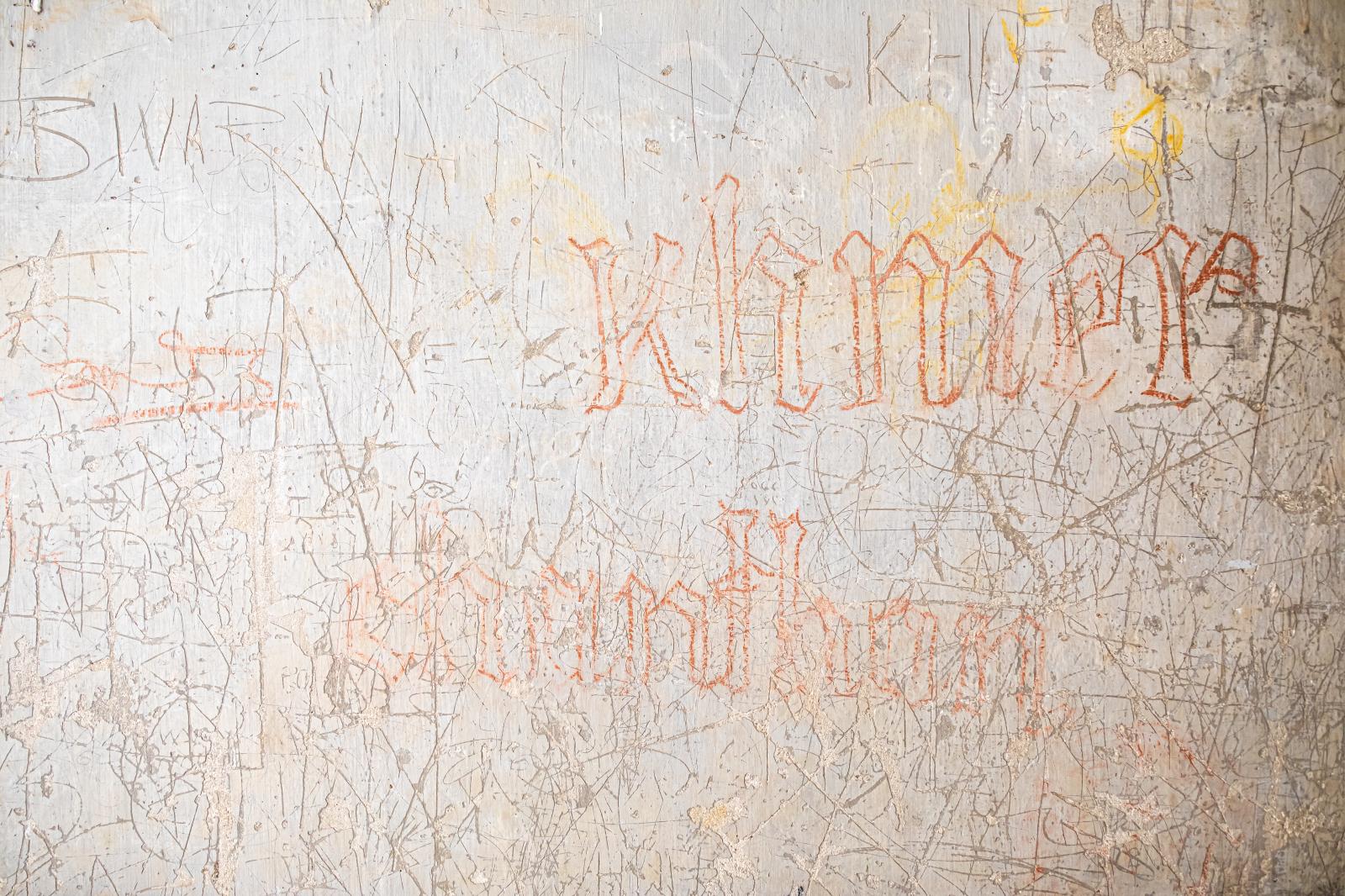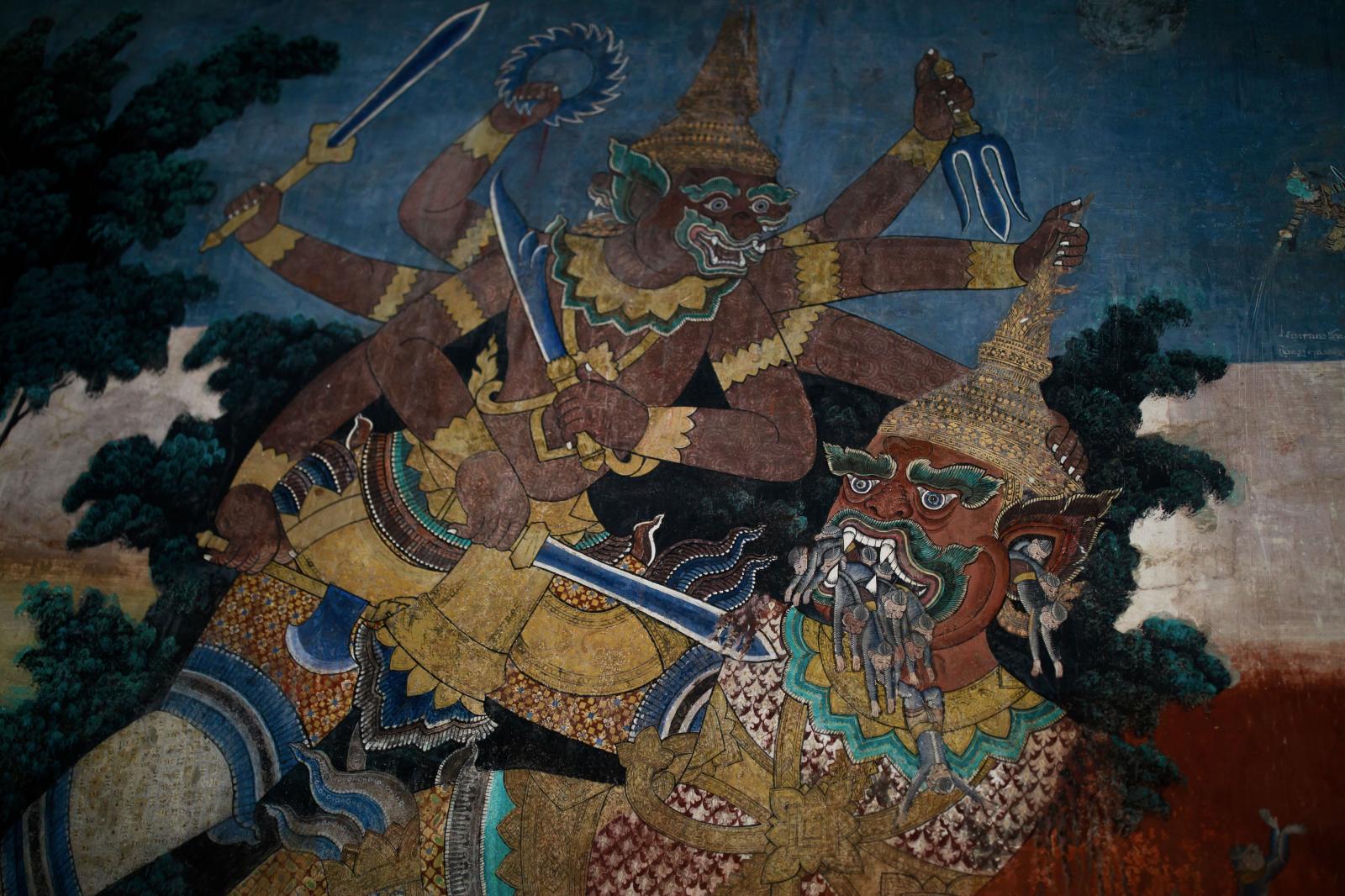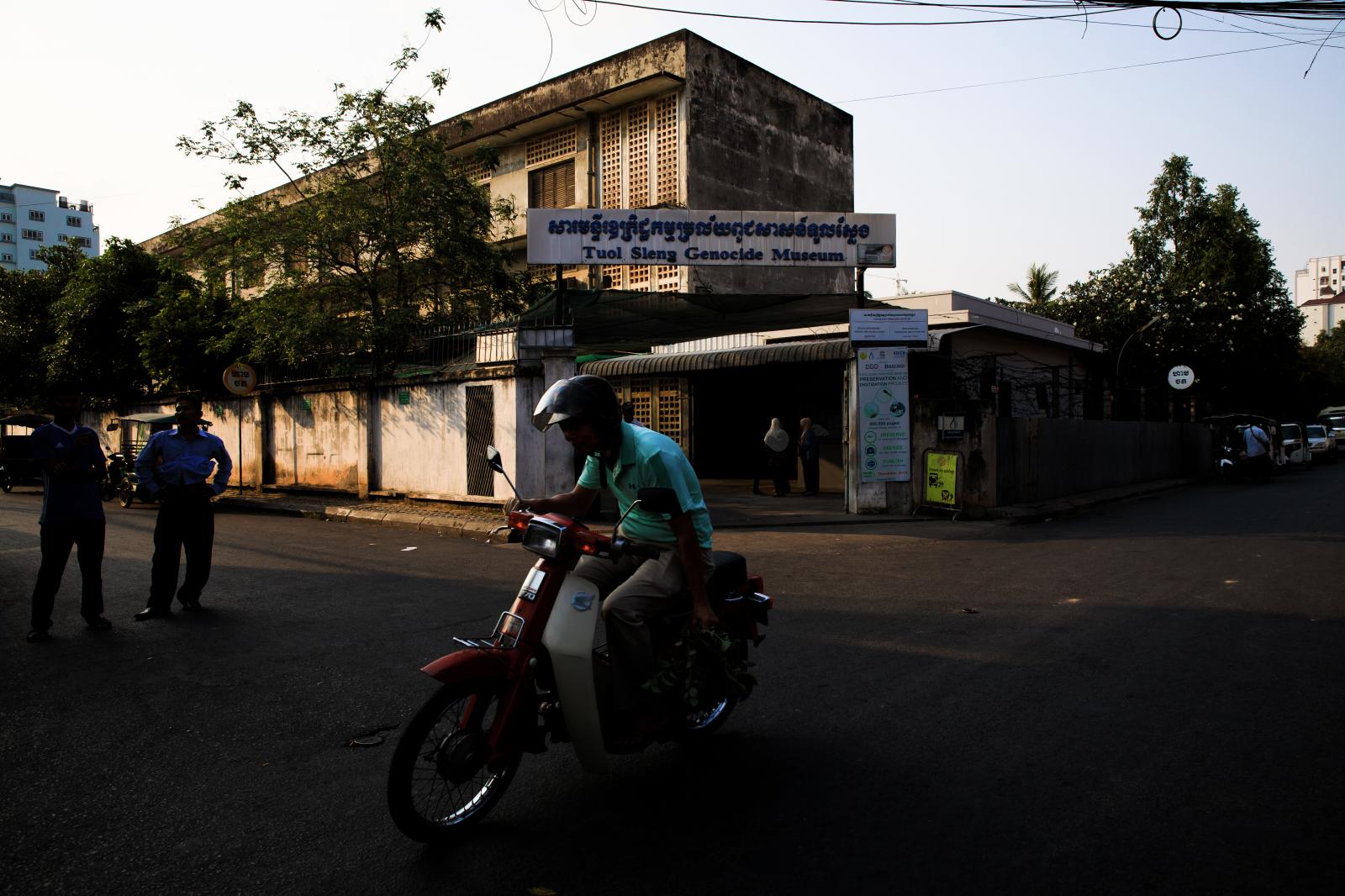Public Project
3Y8M20D
3Y8M20D / Cambodia Genocide It was called the “year zero,” a new era for a country now isolated from the outside world, then renamed Democratic Kampuchea. A regime of terror arrises and persecutes millions. Kills with a blind eye and wiped out around 1/3 of its own population, more than 2 million people. Hundreds of citizens were sent to extermination camps, tortured inside old schools, victims of exhaustion - due to forced labor in the fields - hunger and treatable diseases, because the regime rejected western medicine. Pol Pot and the Khmer Rouge (the armed wing of the Communist Party of Kampuchea, influenced by french communist movement and their anti-colonial ideology) ruled the country with an iron feast from 1975 to 1979, after winning power through a guerrilla war. April's 1975 is the month the Khmer Rouge forces attack and succeed to conquer the country's capital Phnom Penh and established a national government to rule the country's destiny. In three years, eight months and 20 days, when the Vietnamese troops invaded Cambodia, in a coalition with The Unified National Salvation Kampuchean Front - an organization that includes some Khmer Rouge dissidents who had defected to Vietnam, including the current Cambodian Prime Minister Hun Sen -, Pol Pot's government became one of the most brutal regimes of the 20th century, killing around 2 million Cambodians. From an ideological approach, the Khmer Rouge regime was much closer to the Maoism than the Marxism, even if their cadres were French-educated Marxist leaders. The Khmer Rouge sees in peasants the only representatives of the working class. Imposes on the population an extreme form of social engineering, that presupposes the establishment of a classless agrarian society, the closure of schools, hospitals, factories, the abolition of the banking and financial system, the prohibition of religious worship, the confiscation of private property and the transfer of population to rural communities, where everyone is subject to endless working hours in the fields. Cambodia is today a country trying to overcome their past, rebuilding a future. This is at a times tricky and difficult, mainly when only three of Khmer Rouge leaders where convicted for crimes they committed in the past. In 2006, after many years of negotiations, between the UN and the Cambodia Government, is created the first international court. "Duch" was charged with war crimes and crimes against humanity, and sentenced to life imprisonment in 2012. In 2011, starts the case 002, four former Khmer Rouge leaders are indicted. Nuon Chea, “Brother No.2”; Khieu Samphan, Head Of State for Democratic Kampuchea; Ieng Sary, ex-Foreigner Affairs minister, and Ieng Thirith, ex-Social Affairs minister. Ieng Sary died in 2013, and Ieng Thirith was declared unable after a diagnosis of Alzheimer’s. Only Nuon Chea and Khieu Samphan were convicted, on August 7th of 2014, both with life in prision for crimes against the humanity. In November 2018 the court also condemned them for genocide, for the attempted extermination of the Muslim Cham minority and Vietnamese ethnic communities. Hun Sen clearly voiced opposition to the court launching new trials because this could lead to violence. Some accuse him of not wanting to pursue a process in which he, former Khmer Rouge guerrilla himself, would have to answer to justice. Hun Sen, the prime-minister, is in power since January 1985, with Cambodias People Party, he is one of the longest serving leaders in the world. Today Cambodias’s economy is one of the fastest growing in the world, with an average rate of 8% between 1998 and 2018, mainly driven by garment exports and tourism. Despite this growing rate, key reforms are needed for the country, only 36% of children between three and five years old are enrolled in early education and lower secondary completion rates were 57% in 2017, according to the World Bank. Twenty one percent of Cambodia’s population (3.4 million people) do not have access to improved water, and 34% (5.4 million people) did not have access to improved sanitation. Forty decades passed and populist movements and politicians around the globe restarted a narrative of intolerance to regain the power. Exploiting dissatisfaction and fear of the citizens and their lack of well being, oppressing the voices questioning the real, and those who try to protect the past and keep it in our collective memory. |
11,106






























